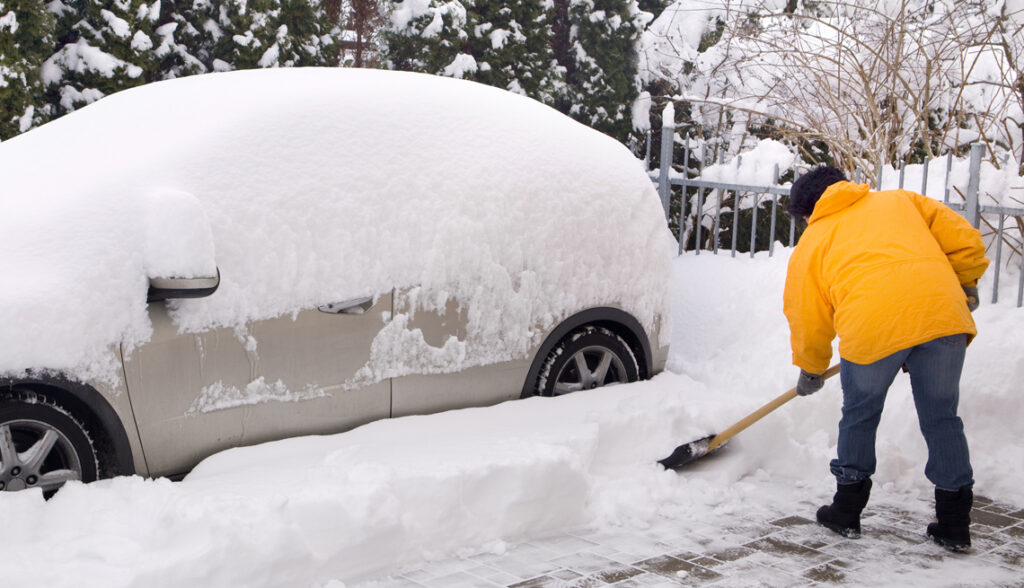How to Stay Safe in Extreme Cold

Winter can bring arctic blasts, snowstorms, ice and sleet. And more often these days, areas of the country unaccustomed to that type of severe weather are experiencing just that.
During those weather events, many may lose power, and therefore heat, which can lead to medical emergencies such as frostbite and hypothermia.
Older people are especially vulnerable when temperatures drop because they have less efficient circulation. They may have medical conditions (such as thyroid problems or diabetes) and take medications (such as beta-blockers) that can raise their risk of health problems, including injuries, in the cold, says Matthew Levy, associate professor of emergency medicine at the Johns Hopkins University School of Medicine. “Bone density decreases, which could put someone at risk for injuries from falls, and blood pressure medicine may not allow your heart rate to increase as needed,” when shoveling snow.
Another issue is a decrease in muscle mass, says Ronan Factora, M.D. a geriatric medicine specialist at the Cleveland Clinic in Ohio. Normal muscle “is what twitches and creates heat when we shiver.” Because we have less muscle when we’re older, we’re less able to generate that vital heat.
How to protect yourself in frigid temperatures
Pile on the layers.
If you have no heat in your home, gather all blankets, coats, sleeping bags — anything that will allow you to maintain your body temperature — and bundle up. If your car is in a garage and you can’t open the garage door, don’t run the vehicle’s heater to get warm or charge devices.
Be careful with candles.
If possible, use a flashlight as a light source instead of candles, which are a fire hazard.
Keep the weather outside.
Do anything you can to maintain the temperature indoors if you don’t have a heat source (or even if you do). The National Institute on Aging suggests that you keep blinds and curtains closed and roll towels and place them under doors to keep out drafts. Close the doors to unused rooms and avoid opening doors to the outside unless absolutely necessary.
To read more tips on how to stay safe in extreme cold, winter weather, from AARP, CLICK HERE.
